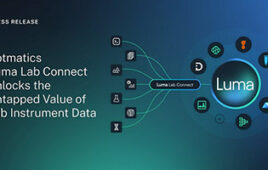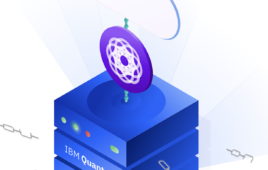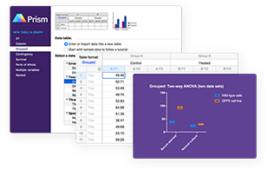Chemistry: A Departure from the Current Paradigm
By Trevor Heritage
Scientific software has evolved over the past decades in reaction to three main forces: evolution of available computer equipment, tasks that chemists expect and are expected to achieve, and types and volumes of data involved in research tasks. These trends are not uncorrelated but reflect the impact of emerging technologies in all areas of pharmaceutical research. This effect can be easily observed in the area of molecular modeling, Tripos’ first application area in scientific computing. Industry trends have evolved in this area from a single modeler with a single, small set of bioactive compounds into a team of modelers and chemists working together on a wide variety of data types from different sources. The evolution of how drug discovery teams work has had marked impact on the types of software currently available, and more so on the types of products customers are demanding.
We see the trend toward more different data types having a major impact on the future product landscape for scientific software. The types of data analyses that drug discovery teams are now being expected to perform include: HTS data analysis, SAR analyses, compound selection and library design, to name but a few. The underlying constant in these types of tasks is that they all require access to the same data. We envision a trend in scientific software where the data becomes more central and the applications flow around this. This trend would be a significant departure from the current paradigm where applications are often central and the data secondary. This issue of application primacy causes many problems, as data and data context are lost in the process of moving from application to application.
The realization that data integrity and context are paramount to making appropriate research decisions and that these decisions will need to be made faster from greater data volumes will spawn the development of task-based applications. These applications will understand the data with which they work, will present analyses in a manner conducive to the research tasks and will minimize the loss of data and its context. Many researchers today work with a “network” of applications, moving data between each. Moving forward, we envision a centralized application and data model that acts as a hub to more specialized analysis applications.
Trevor Heritage is Senior Vice President & General Manager, Discovery Informatics, at Tripos, Inc. He may be contacted at [email protected].




